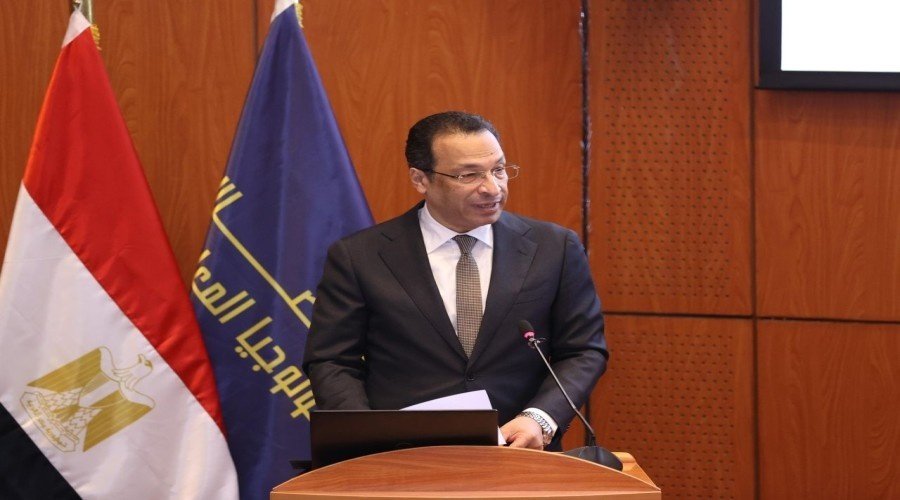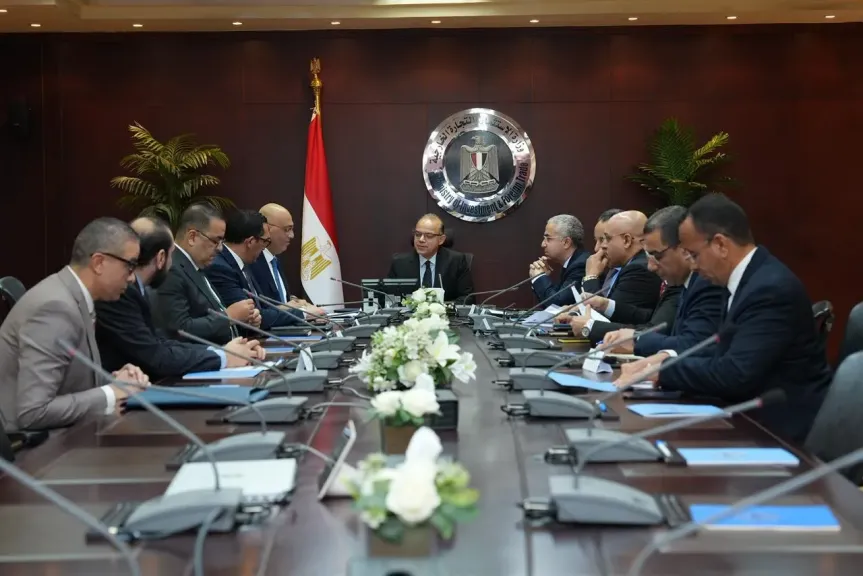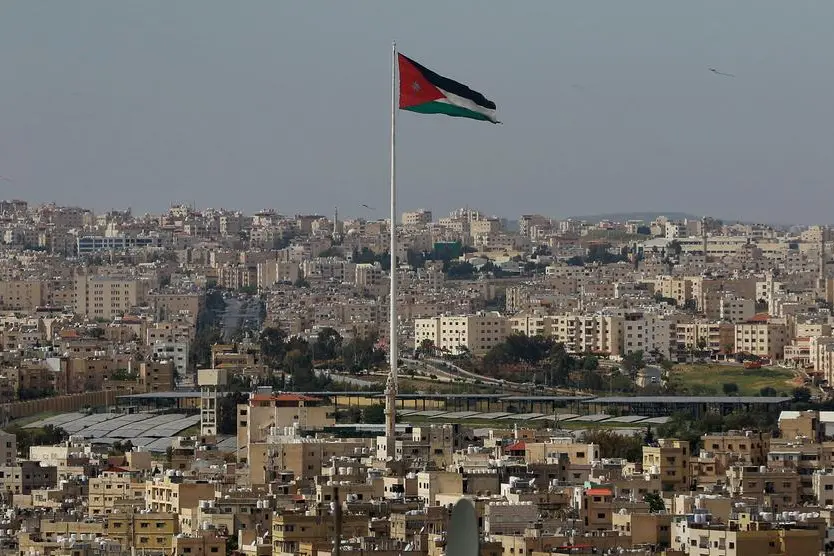The Jordanian Cabinet, in a session chaired by Prime Minister Jafar Hassan, has approved a wide-ranging set of decisions aimed at stimulating economic activity, supporting the agricultural sector, and enhancing public services. The new measures include financial relief for farmers, tax settlements for businesses, and significant international financing agreements for water and education projects.
Bolstering The Agricultural Sector
A key decision provides direct support to the agricultural sector by considering the costs of treated and reclaimed water from the South Amman Wastewater Treatment Plant as government support for cooperative societies in the Central Badia. This move exempts the coalition of societies from financial obligations, aiming to promote the expansion of agricultural projects, particularly for fodder crops. The initiative has already helped expand cultivated land in the area from 8,000 to 20,000 dunums and is expected to create more jobs while contributing to efforts against desertification.
Easing The Burden On Businesses
To support business continuity and encourage compliance, the Cabinet approved the settlement of 408 unresolved tax cases between taxpayers and the Income and Sales Tax Department. In a related move, it also agreed to tax settlements within the Aqaba Special Economic Zone Authority. These decisions are designed to enable economic actors and investors to regularize their tax status with greater flexibility, easing financial burdens and bolstering economic activity in the vital Aqaba zone.
Strengthening Governance and Public Sector
The government also advanced its public sector modernization plan by approving the draft amendment to the Integrity and Anti-Corruption Law for 2025. The amendments aim to reinforce a culture of integrity and align with international standards of prevention and risk assessment. Additionally, new public sector scholarship regulations for 2025 were approved, directing scholarships toward rare and highly specialized fields to enhance the public sector’s efficiency by investing in human capital.
Securing International Funding and Cooperation
Several major international agreements were endorsed, including a €47 million financing deal with the German Government and KfW Development Bank for a water development project in the Hisban area. This project is expected to add 15 million cubic meters of water annually. The Cabinet also approved a €25 million agreement with the European Union to fund the second phase of the “Education for All” programme. On the diplomatic front, Jordan will establish relations with the Republic of Togo and the Republic of Trinidad and Tobago, and ratify an extradition agreement with Uzbekistan.
About The Prime Ministry of Jordan
The Prime Ministry of Jordan is the executive branch of the government of the Hashemite Kingdom of Jordan. Led by the Prime Minister, the Cabinet is responsible for administering national affairs and implementing policies across all sectors to drive economic growth and public welfare.
Source: Zawya













